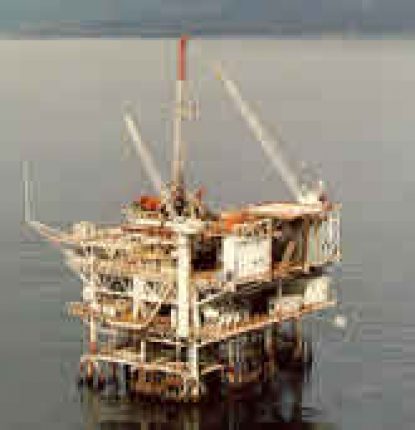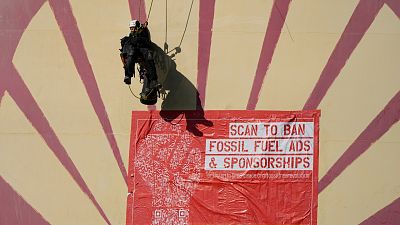It’s OTC week and optimism abounds. “We are so back!”
- “Deepwater is back in vogue.” (Pablo Medina, Welligence)
- “Newer deepwater projects have the attributes oil and gas companies are looking for: longer-term production, lower breakeven costs, big resource potentials and lower carbon emissions.” (Medina)
- Capital spending on all-new deepwater drilling is poised to hit a 12-year high next year (Rystad)
- Investment in all-new and existing deepwater fields could hit $130.7 billion in 2027, a 30% jump over 2023 (Rystad)
- Deepwater resources offer lower carbon emissions intensity than shale and other tight oils, averaging 2kg of carbon dioxide per barrel less than shale. (Rystad)
- “The return of offshore and deepwater operations is going to be a big topic at OTC, and Namibia is going to be talk of the show.” (James West, Evercore)
- Enthusiasm for offshore has climbed with discoveries and technology breakthroughs. Namibia’s Mopane is forecast to hold as much as 10 billion barrels of oil. (Portuguese oil company Galp Energia)
- Rates for some rigs have surpassed $500,000 a day and contract durations are lengthening as supply dwindles.
- Deepwater development: simpler, safer, greener!
- Chevron is preparing to start ultra-high pressure production at their Anchor platform.

So as not to kill the buzz, I won’t mention the 5 Year (no)Leasing Plan and other troubling US matters, at least for one day.










